Ryokan in Japan

Staying in a traditional ryokan in Japan offers a unique and deeply cultural experience that transports guests away from the hustle and bustle of modern life and into the heart of Japanese tradition and hospitality.
A ryokan is a type of traditional Japanese inn that dates back to the Edo period (1603-1868), offering a glimpse into the country's rich history and way of life. Here's what makes a ryokan stay an off-the-beaten-path experience:
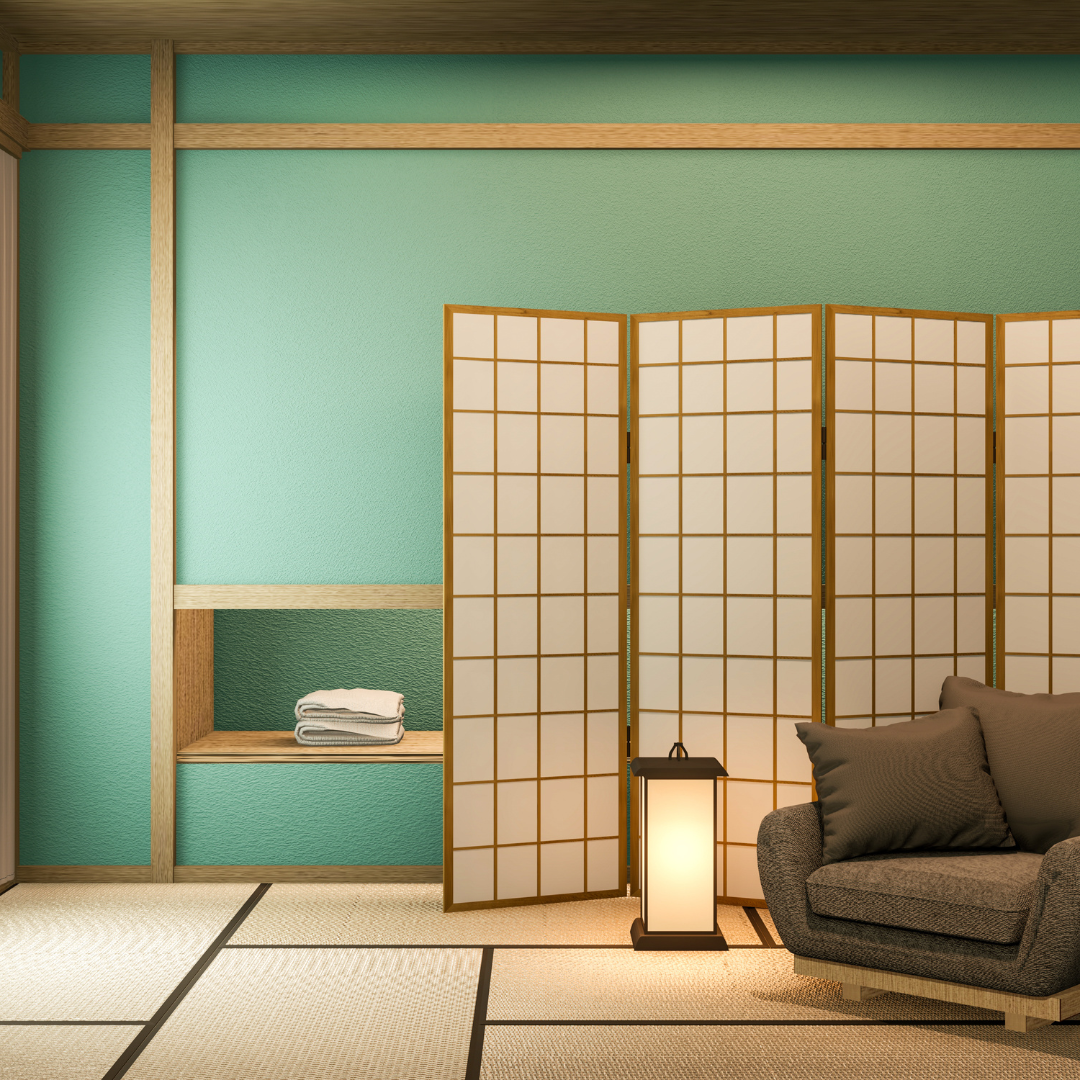
Authentic Japanese Architecture and Design
Tatami Floors:
Rooms are traditionally designed with tatami mat flooring, sliding fusuma doors, and minimalistic decor, promoting a sense of calm and simplicity.
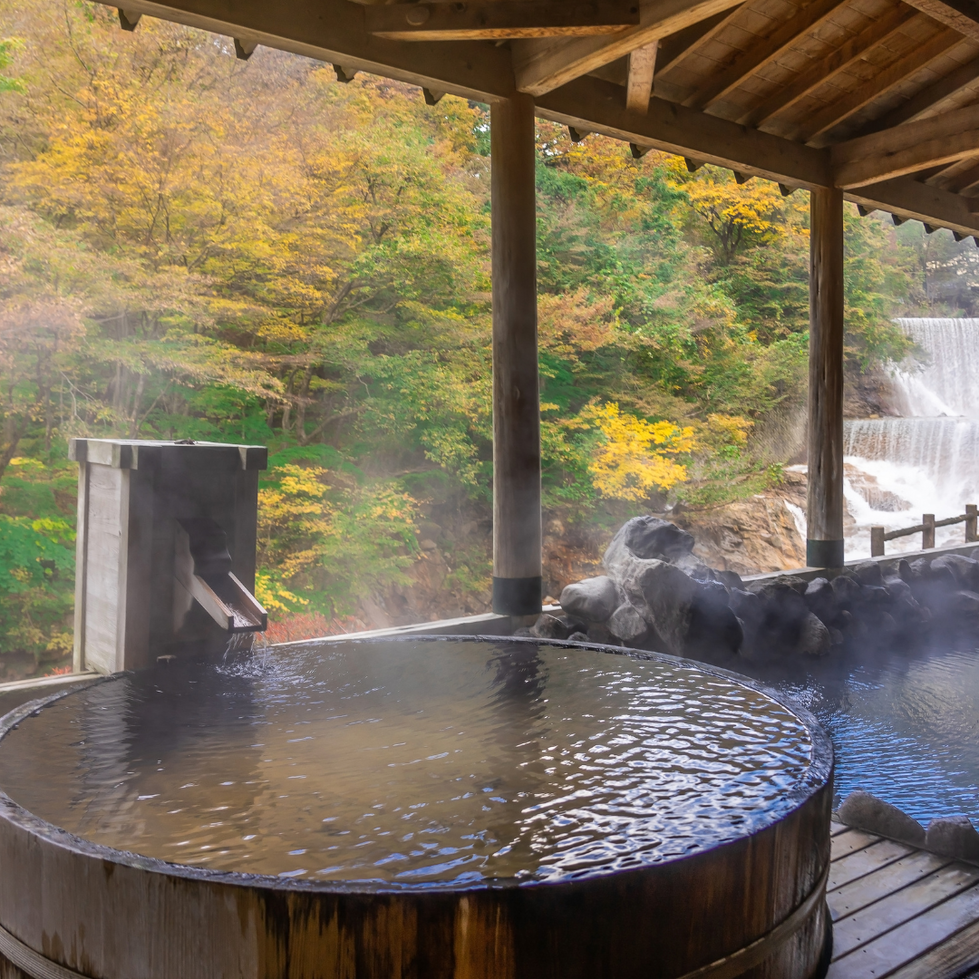
Onsen Baths:
Many ryokans feature communal or private hot spring baths (onsen), which are perfect for relaxation and rejuvenation. The mineral-rich waters are believed to have healing properties.
Traditional Japanese Hospitality (Omotenashi)
Personalized Service:
Guests often receive personalized attention from the ryokan staff, who go out of their way to ensure a comfortable and memorable stay.
Welcoming Tea:
Upon arrival, guests are typically welcomed with a cup of green tea and a sweet snack, setting the tone for a stay rooted in hospitality and warmth.
Cultural Experiences
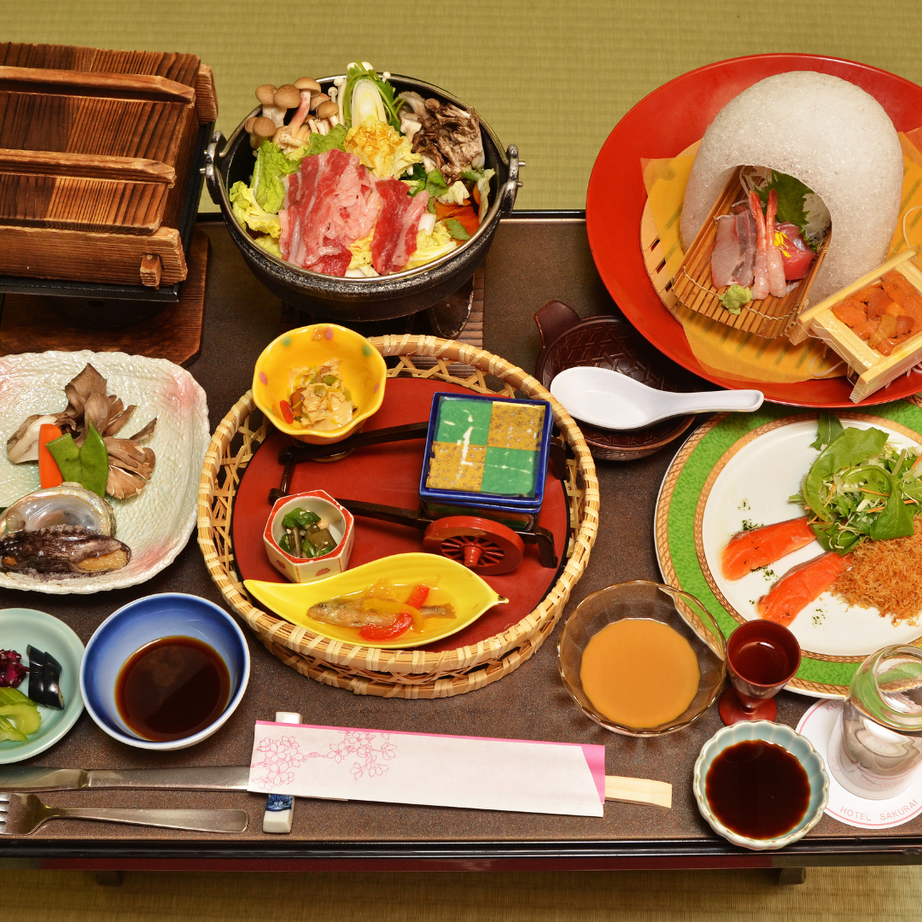
Kaiseki Cuisine:
Dining in a ryokan is an experience in itself, featuring multi-course meals known as kaiseki. These meals are made from seasonal ingredients and are presented in an artful manner, highlighting the chef's skill and the local cuisine.
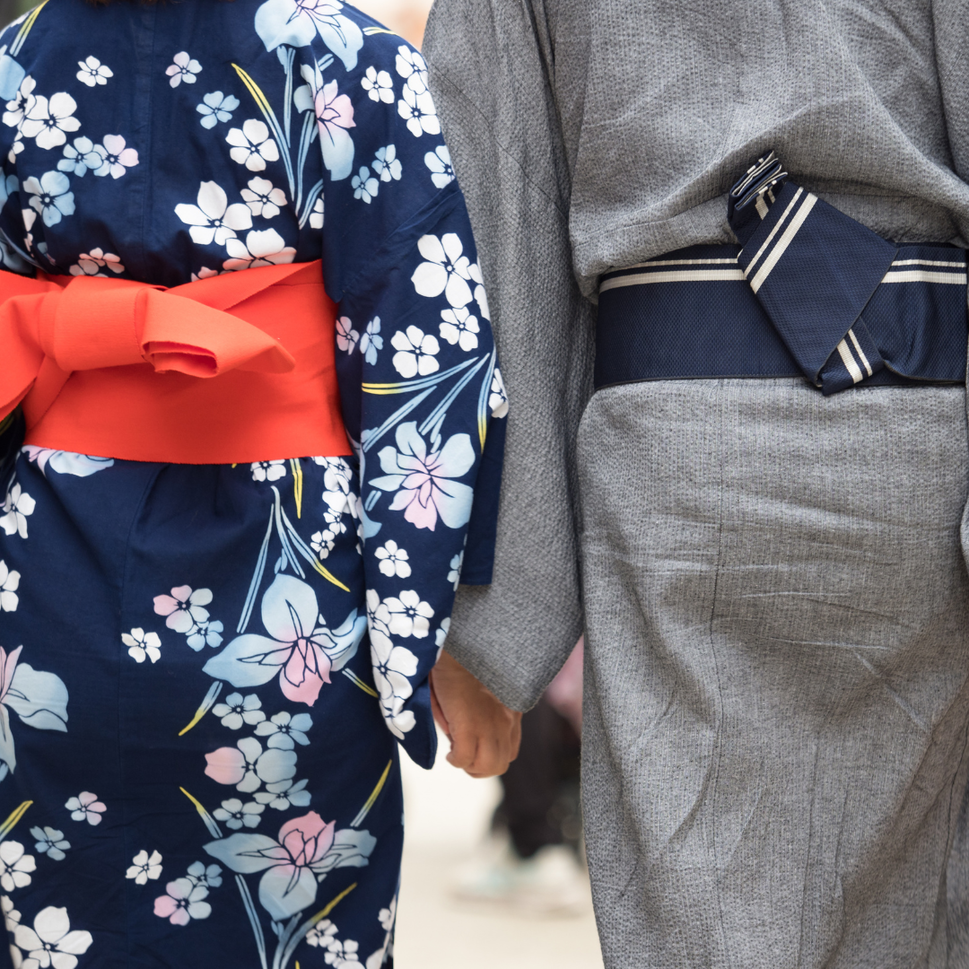
Wearing Yukata:
Guests are often provided with a yukata, a casual cotton kimono, to wear during their stay. It's common to see guests strolling the grounds or relaxing in their yukata, embracing the traditional lifestyle.
Peaceful and Scenic Locations
Natural Settings:
Ryokans are frequently located in scenic areas that showcase Japan's natural beauty, such as in the mountains, near lakes, or within sight of Japan’s iconic cherry blossoms in season. This connection with nature is a core part of the ryokan experience.
Quiet and Seclusion:
Many ryokans are situated away from major cities, offering a tranquil retreat where guests can unwind, reflect, and enjoy the serene surroundings.
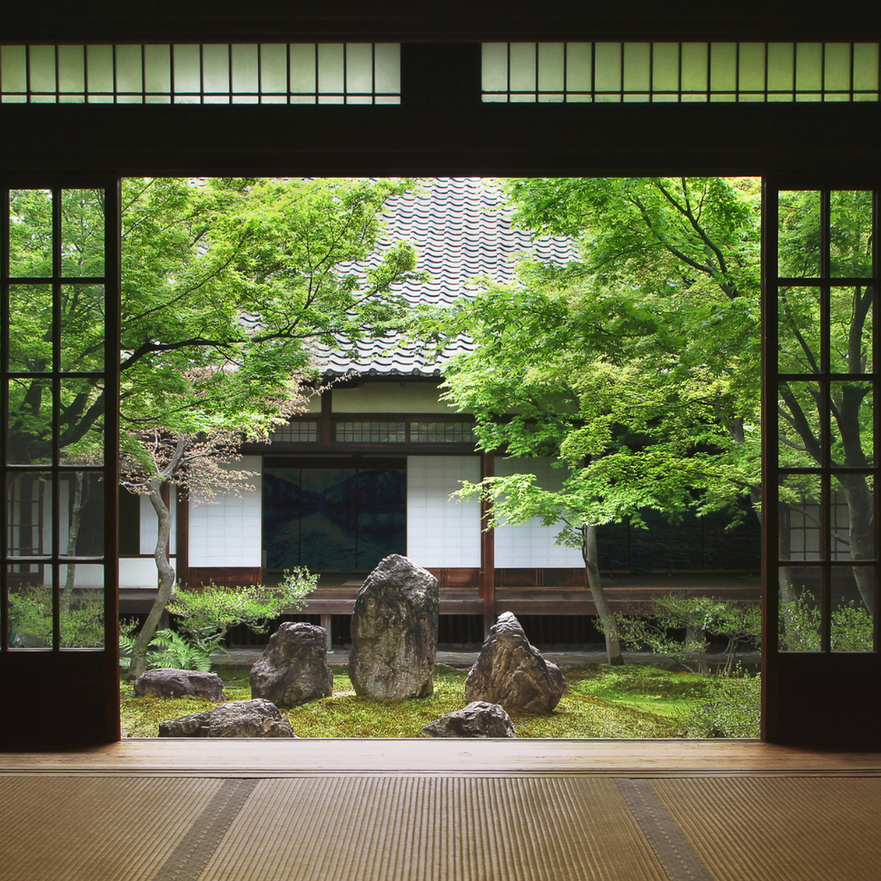
Tips for Staying in a Ryokan
Respect the Etiquette:
There are specific customs associated with staying in a ryokan, such as removing shoes at the entrance and wearing the provided slippers, participating in communal baths correctly, and respecting quiet hours.
Book in Advance:
Popular ryokans, especially those in renowned onsen towns or with exceptional views, can book up months in advance, especially during peak travel seasons like cherry blossom or autumn foliage periods.
A ryokan stay is not just about accommodation; it's an immersive experience that allows visitors to connect with Japanese culture, cuisine, and the concept of omotenashi, or unmatched hospitality. It's a must-do for those seeking an authentic and memorable experience in Japan.
Resources
Japan National Tourism Organization (JNTO):
The JNTO website is an excellent starting point for planning your trip to Japan. It offers a wealth of information on ryokans across the country, including options in both popular and off-the-beaten-path locations. They also provide travel tips, cultural insights, and practical information for travelers.
Japan Ryokan & Hotel Association:
This organization's website lists ryokans and hotels that are members of the association. You can search for accommodations by region and find detailed information about each ryokan, including amenities, cuisine, and reservation policies.

Booking Platforms
Rakuten Travel: Rakuten Travel is one of Japan's leading online travel agencies, offering a wide selection of ryokans throughout Japan. You can search for ryokans based on location, price, and amenities, and read reviews from past guests.
Japanican: Japanican is another popular booking site that specializes in travel within Japan. They offer a variety of ryokan accommodations, from traditional to modern, and provide detailed descriptions of the ryokan experience, including information on meals, baths, and room types.
Agoda: Agoda also offers a selection of ryokans in Japan, with user reviews and ratings to help you make an informed decision. You can filter results by price, location, and ratings.

Travel Blogs and Guides
Travel blogs and independent travel websites often feature personal experiences and recommendations for ryokan stays. These can be invaluable for getting a first-hand look at what to expect and tips for making the most of your ryokan experience.
Sites like Inside Japan Tours and Boutique Japan offer in-depth guides and personalized travel planning services, including ryokan stays.
Cultural and Practical Guides
Books and eBooks:
There are several guidebooks and eBooks dedicated to Japanese travel and culture that include sections on ryokans. Titles like "Lonely Planet Japan" and "Frommer's Japan" often provide insights into the ryokan experience, etiquette, and recommendations.
YouTube:
Many travel vloggers and cultural enthusiasts share their ryokan experiences on YouTube, offering virtual tours, reviews, and tips that can help you decide where to stay and what to expect.
When planning your ryokan stay, consider what you want from the experience—whether it's luxury amenities, a focus on traditional cuisine, or proximity to natural beauty. Be sure to check cancellation policies and any specific check-in instructions due to the personalized service ryokans typically provide. Booking well in advance is recommended, especially for ryokans with a high demand or limited rooms.